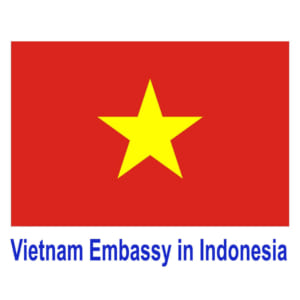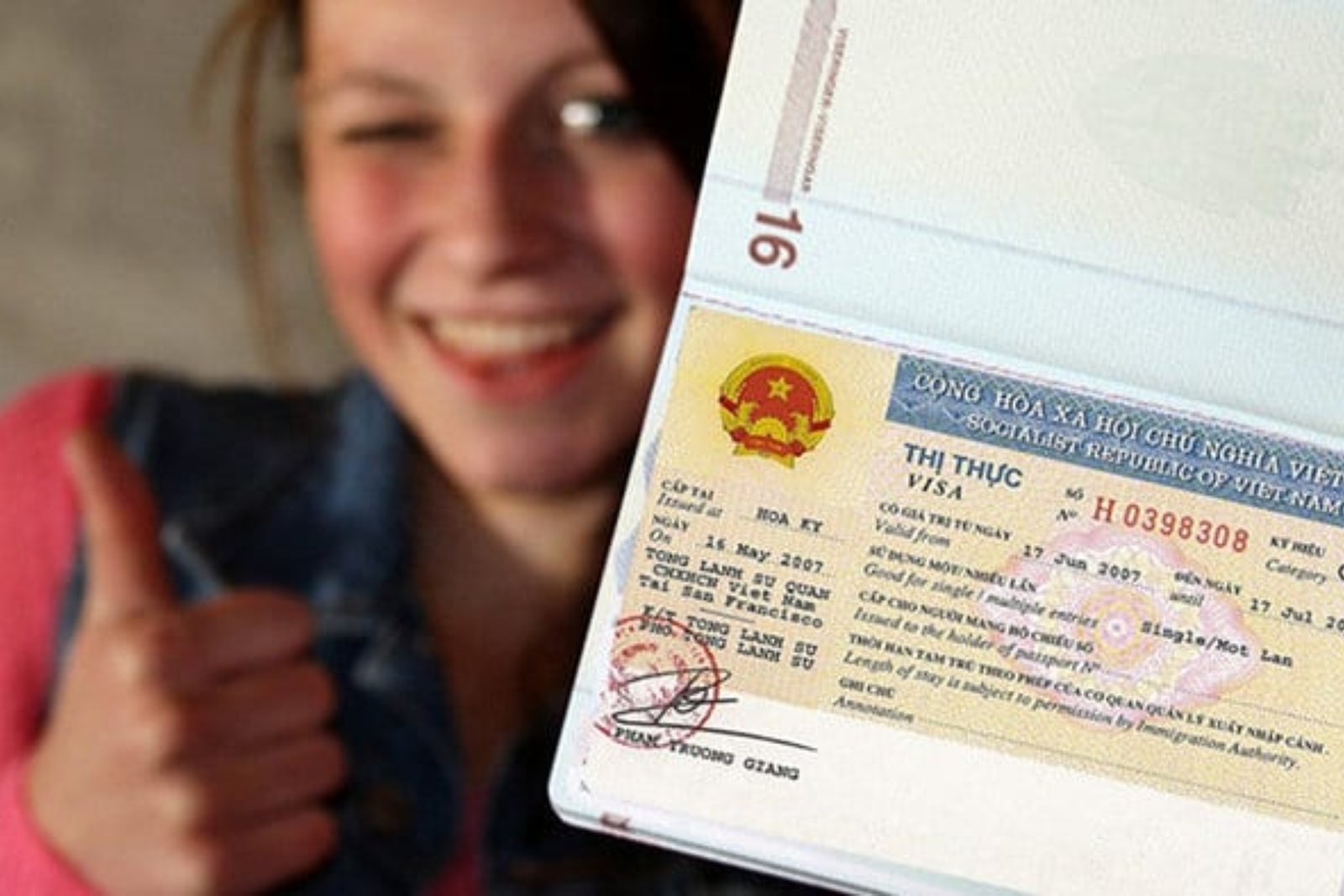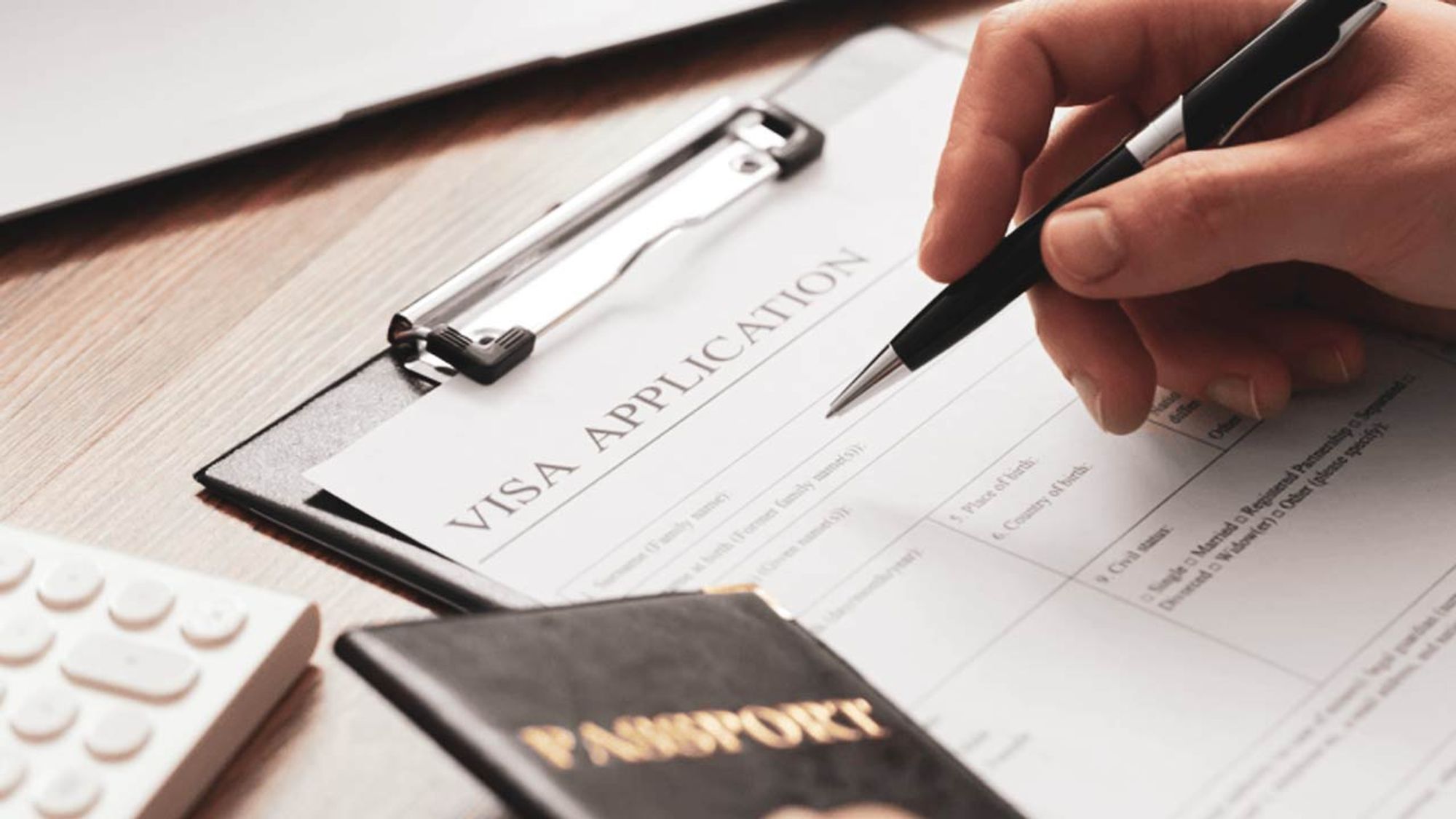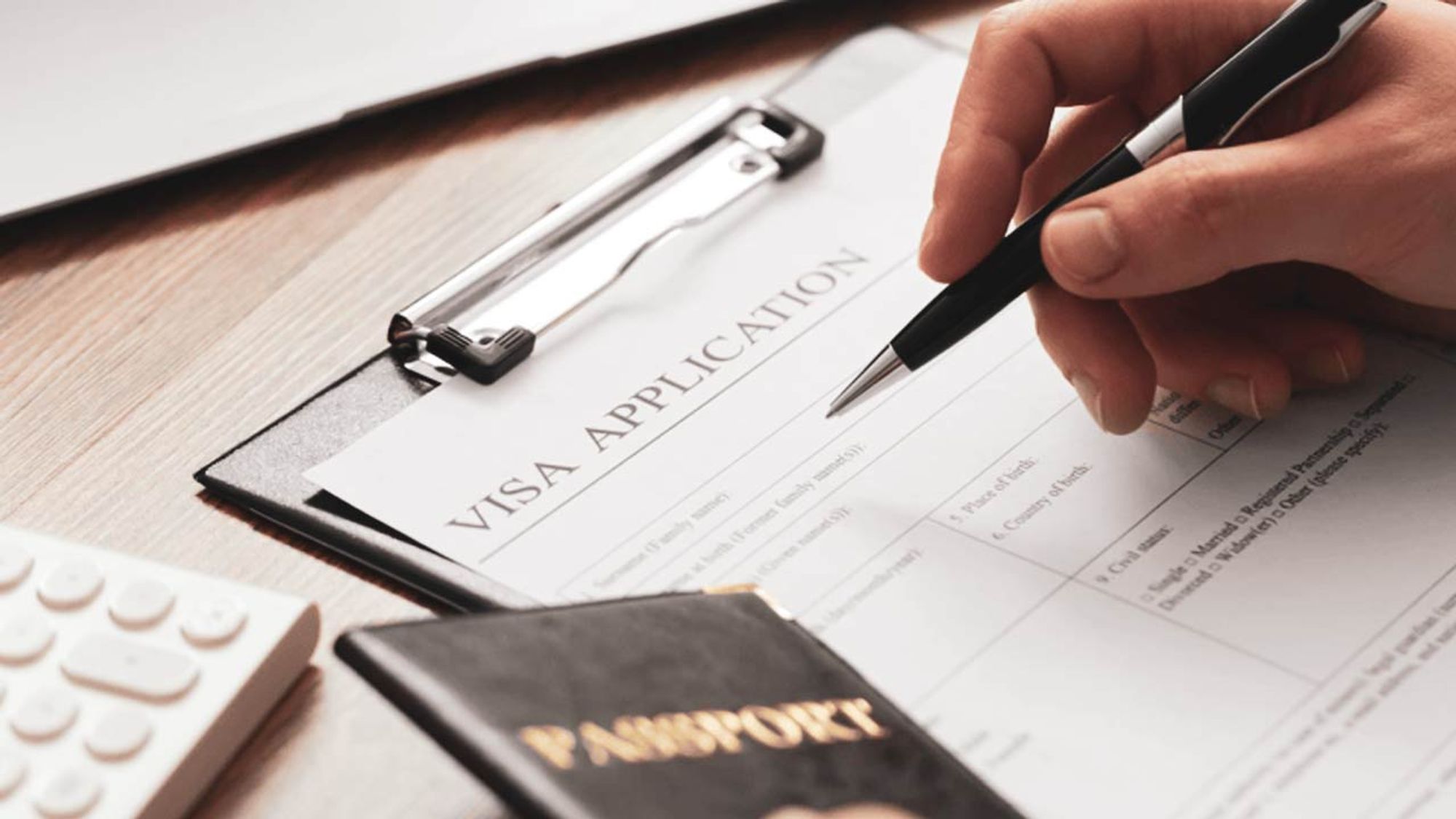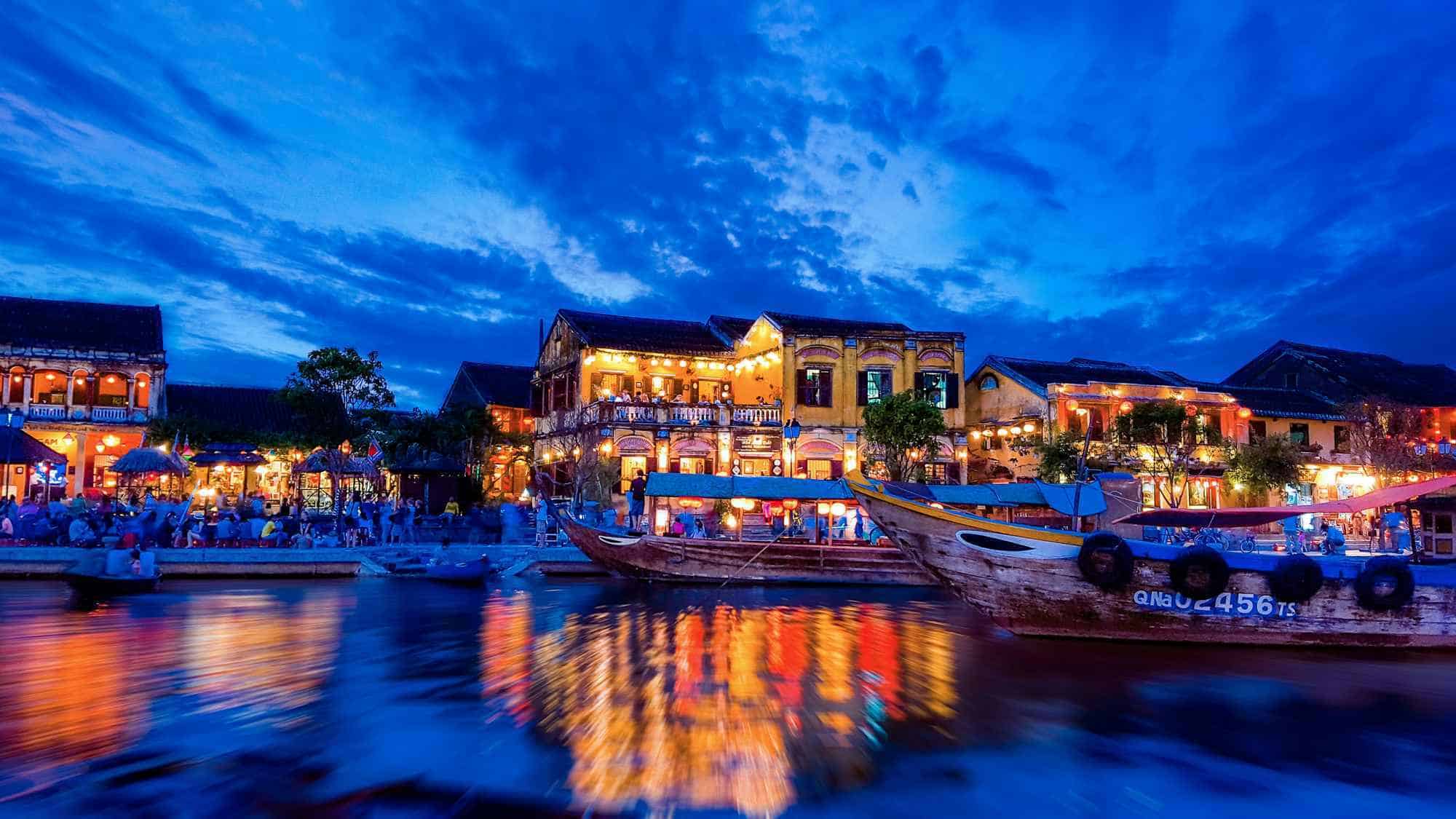
Top Attractions and Travel Tips in Danang and Hoi An: An Extensive Travel Guide for Chinese Tourists
As China’s middle class grows, more people are traveling abroad, and many prefer Vietnam as a destination. Danang and Hoi An are two cities that attract a lot of Chinese tourists. This article will provide important information for Chinese travelers planning to visit these places.
Information to be aware of prior to departure.
Visa requirements
Chinese tourists must obtain a visa before traveling to Vietnam. The easiest way to do this is through a Vietnamese embassy or consulate in China. Alternatively, Chinese citizens can apply for an e-visa online.
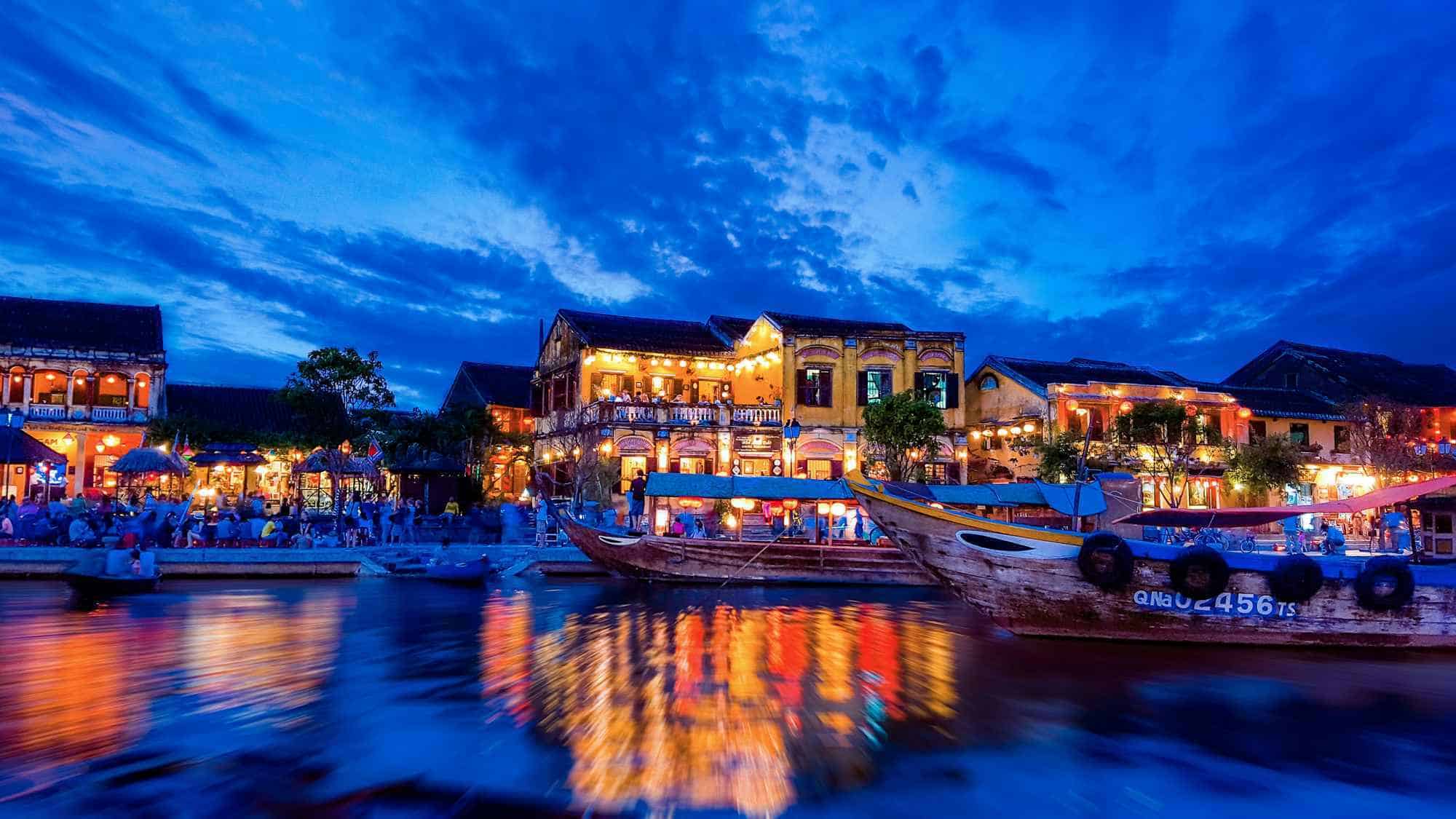
Language
While many Vietnamese people speak some English, there is no guarantee that everyone you encounter will be able to communicate effectively with you. It is a good idea to learn some basic Vietnamese phrases before you go.
Currency
The official currency in Vietnam is the dong (VND), but US dollars are widely accepted. Many places also accept Chinese yuan.
How to Get There
By Air
Danang International Airport is the third-largest airport in Vietnam and has direct flights from several major Chinese cities, including Beijing, Shanghai, Guangzhou, and Shenzhen. From the airport, it is easy to take a taxi or book a private transfer to your hotel.
By Train
If you have some time to spare, taking a train from China to Vietnam can be an interesting experience. There are several trains that run from Beijing to Hanoi, and from there you can take a bus or hire a car to get to Danang and Hoi An.
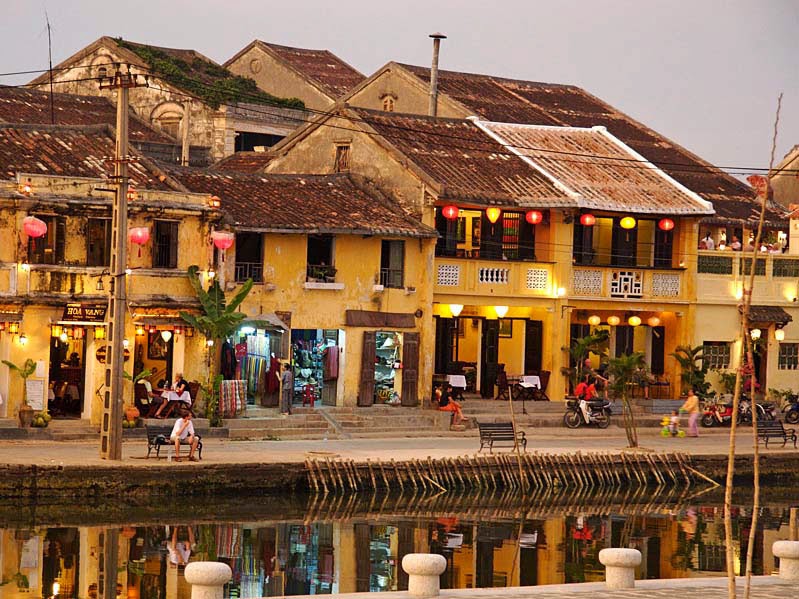
When to Go
The best time to visit Danang and Hoi An is between February and May, when the weather is warm and dry. Avoid visiting during the rainy season (September to December) as heavy rainfall can cause flooding and landslides.
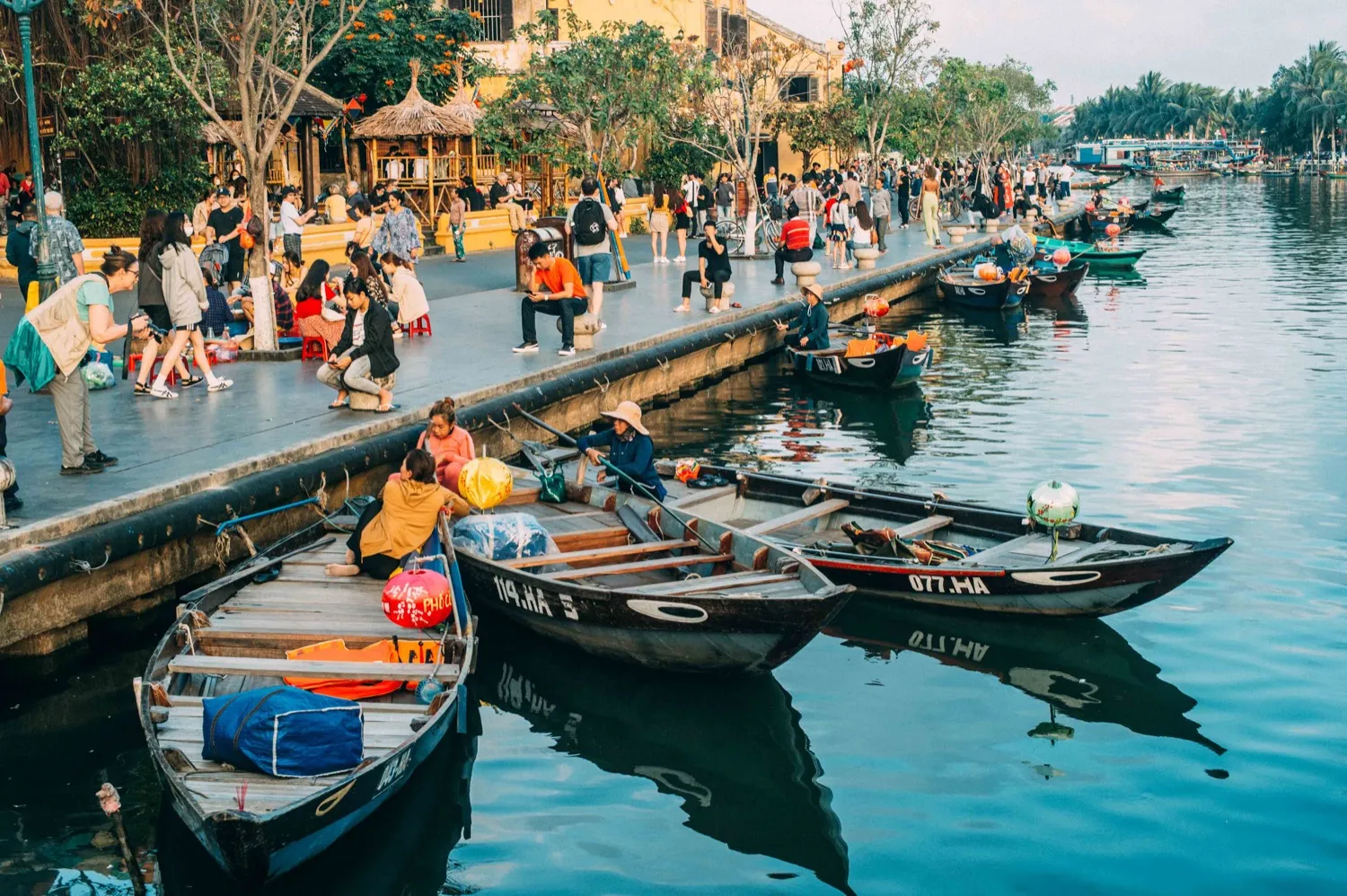
What to Do
Visit the Beaches
Danang is famous for its beautiful beaches, which stretch for miles along the coast. My Khe Beach and Non Nuoc Beach are two of the most popular spots for swimming and sunbathing.
Explore Hoi An’s Old Town
Hoi An’s Old Town is a UNESCO World Heritage Site and is known for its well-preserved historical buildings. Take a stroll through the narrow streets and alleys, visit the traditional Chinese temples, and stop for a coffee or a meal at one of the many cafes and restaurants.
Take a Cooking Class
Vietnamese cuisine is delicious and healthy, and taking a cooking class is a great way to learn more about it. There are several cooking schools in Hoi An that offer classes where you can learn how to cook traditional dishes like pho, banh mi, and fresh spring rolls.
Pros and Cons
Pros
- Danang and Hoi An are both affordable destinations, with many budget-friendly accommodation options and cheap street food.
- The beaches in Danang are some of the best in Vietnam, and there are plenty of water sports and activities to enjoy.
- Hoi An’s Old Town is a unique and charming destination that offers a glimpse into Vietnam’s rich history and culture.
Cons
- While English is widely spoken in many tourist areas, communication can still be a challenge, especially if you venture off the beaten path.
- The weather can be unpredictable, with heavy rain and flooding common during the rainy season.
- Some tourists have reported issues with scams and overcharging by taxi drivers and tour operators.
Alternatives
If you are looking for other destinations to visit in Vietnam, consider:
- Ho Chi Minh City (formerly Saigon)
- Hanoi
- Halong Bay
- Hue
Step-by-Step Guide to Planning Your Trip
- Decide when you want to go and how long you plan to stay.
- Research visa requirements for Chinese citizens and apply accordingly.
- Book your flights or train tickets.
- Reserve your accommodation in advance, especially during peak season.
- Plan your activities and make any necessary reservations.
- Pack appropriately for the weather and culture of Vietnam.
Tips for Chinese Tourists
- Learn some basic Vietnamese phrases before you go.
- Be aware of common scams and overcharging tactics used by taxi drivers and tour operators.
- Take plenty of sunscreen, as the sun can be strong in Danang and Hoi An.
- Dress modestly when visiting temples and other religious sites.
- Be respectful of local customs and traditions.
The Best Places to Stay
Danang
- InterContinental Danang Sun Peninsula Resort
- Pullman Danang Beach Resort
- Novotel Danang Premier Han River
Hoi An
- Anantara Hoi An Resort
- Four Seasons Resort The Nam Hai, Hoi An, Vietnam
- La Siesta Resort Spa Hoi An
Conclusion
Danang and Hoi An are two ofthe best destinations to visit in Vietnam for Chinese tourists. With beautiful beaches, rich history and culture, and delicious cuisine, there is something for everyone to enjoy. However, it is important to plan your trip carefully, be aware of local customs and language barriers, and take necessary precautions to avoid scams and overcharging. By following these tips and recommendations, you can have a wonderful and memorable experience in Danang and Hoi An.
FAQs
- Is it safe for Chinese tourists to travel to Danang and Hoi An?
Yes, both cities are generally safe for tourists. However, it is always important to take necessary precautions to avoid scams and overcharging by taxi drivers and tour operators.
- What is the best time of year to visit Danang and Hoi An?
The best time to visit is between February and May, when the weather is warm and dry. Avoid visiting during the rainy season (September to December) as heavy rainfall can cause flooding and landslides.
- How long should I stay in Danang and Hoi An?
It depends on your interests and how much time you have. Plan to spend at least 2-3 days in each city to see the main attractions and get a feel for the local culture.
- Do I need to learn Vietnamese before I go?
While many Vietnamese people speak some English, it is a good idea to learn some basic Vietnamese phrases before you go. This will make it easier to communicate with locals and navigate your way around the city.
- What is traditional Vietnamese cuisine like?
Vietnamese cuisine is known for being fresh, healthy, and flavorful. Popular dishes include pho (noodle soup), banh mi (sandwiches), and fresh spring rolls. Taking a cooking class is a great way to learn more about Vietnamese cuisine and how to prepare traditional dishes.

